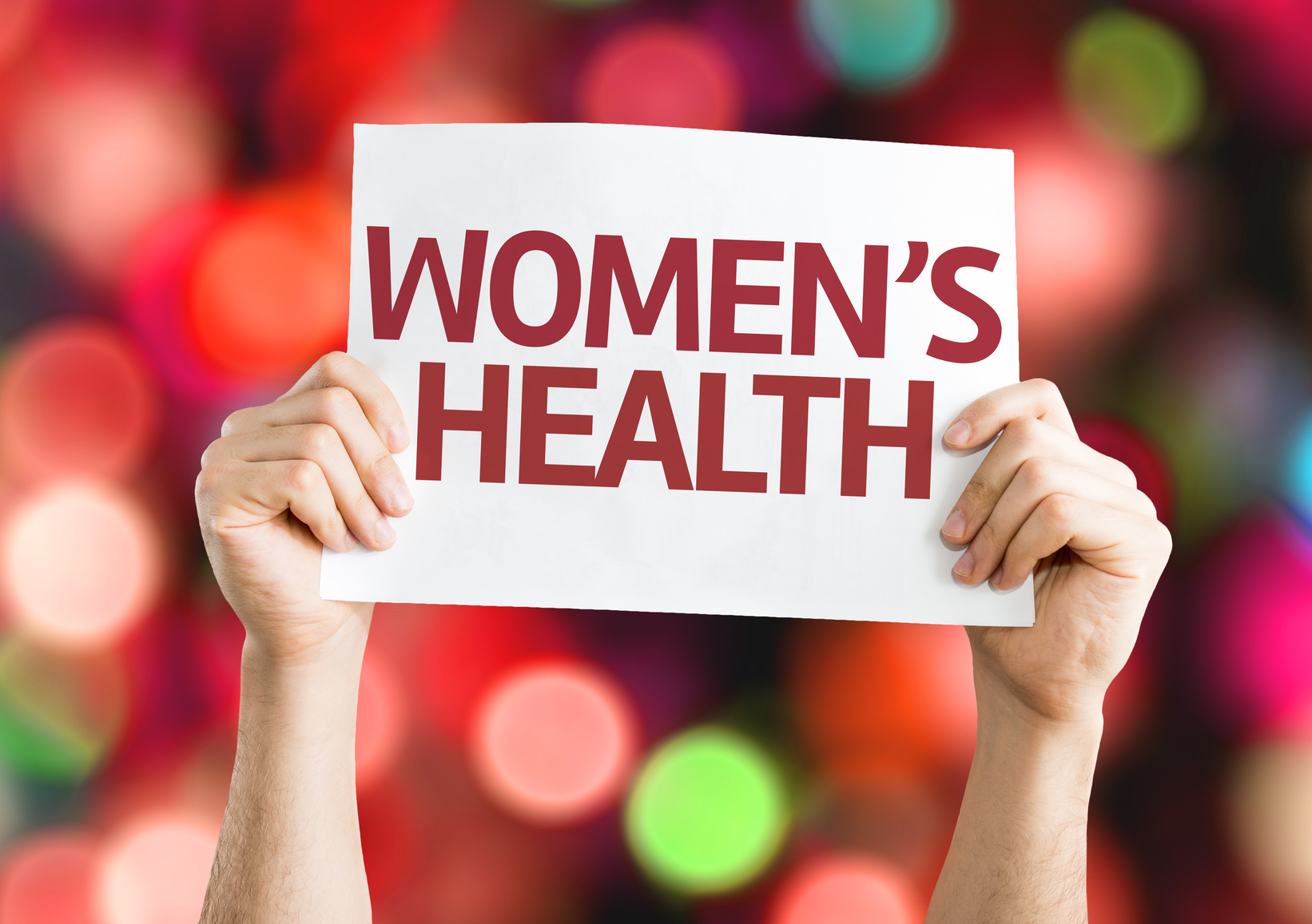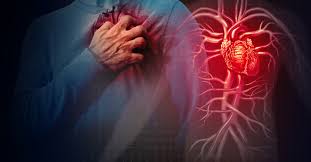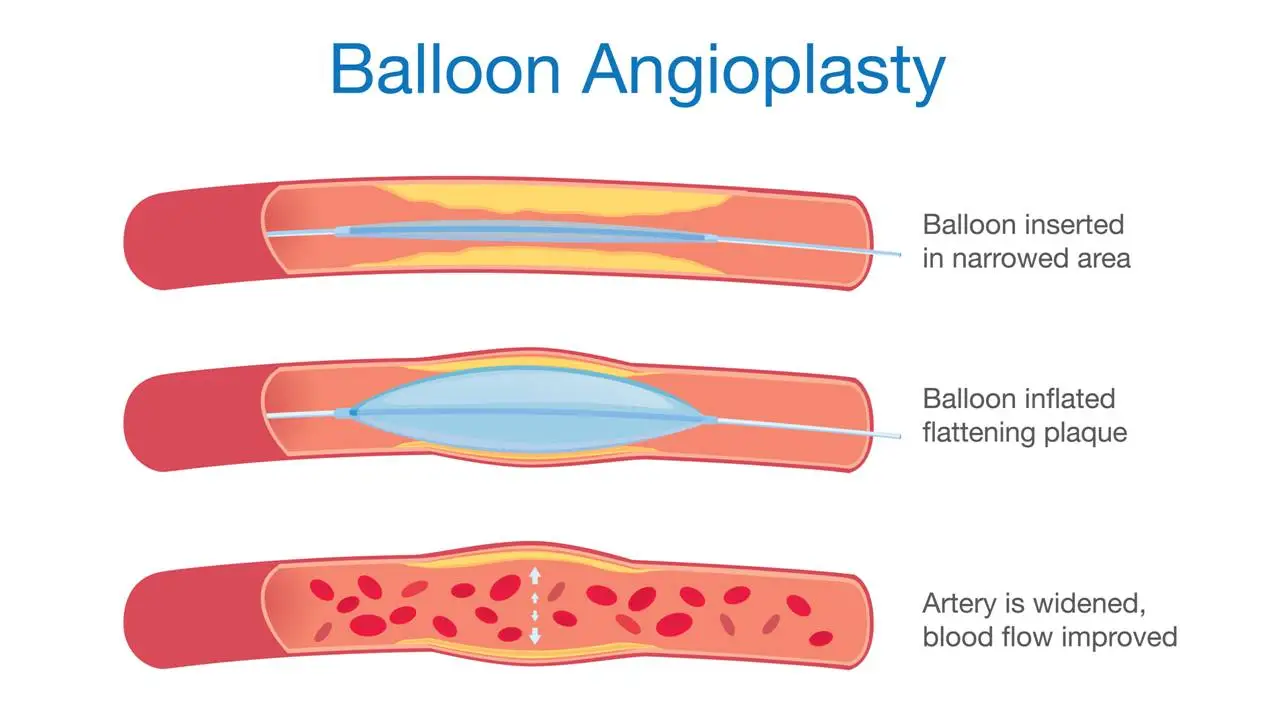Women’s health is a complex and multifaceted topic encompassing physical, mental, emotional, and reproductive well-being. Understanding and addressing women’s unique health needs is crucial for promoting overall health and quality of life.
Physical Health
- Reproductive health: Regular gynecological check-ups, contraception, and prenatal care are essential.
- Breast health: Monthly self-exams and regular mammograms are recommended.
- Bone health: Adequate calcium and vitamin D intake, along with weight-bearing exercises, can help prevent osteoporosis.
- Cardiovascular health: Maintaining a healthy diet, exercising regularly, and managing stress are crucial for heart health.
- Menopause: Understanding the symptoms and managing the transition can improve quality of life.
Mental and Emotional Health
- Stress management: Techniques like mindfulness, meditation, and yoga can help reduce stress.
- Mental health conditions: Addressing issues like depression, anxiety, and postpartum depression is essential.
- Body image: Promoting positive body image and self-esteem is crucial for overall well-being.
- Relationships: Building healthy relationships can contribute to mental and emotional health.
Reproductive Health
- Contraception: Choosing the right contraceptive method can help prevent unwanted pregnancies and manage reproductive health.
- Pregnancy and childbirth: Prenatal care, childbirth education, and postpartum support are essential.
- Infertility: Understanding the causes and treatment options for infertility.
- Menopause: Managing the symptoms and challenges associated with menopause.
Women’s Health Issues
- Gynecological conditions: Understanding and addressing conditions like endometriosis, ovarian cysts, and uterine fibroids.
- Sexually transmitted infections (STIs): Prevention, testing, and treatment of STIs.
- Breast cancer: Early detection and treatment are crucial for improving outcomes.
- Ovarian cancer: Understanding the risk factors and importance of early detection.
Resources and Support
- Healthcare providers: Regular check-ups with a gynecologist and primary care physician are essential.
- Women’s health organizations: Many organizations offer resources, support groups, and educational materials.
- Mental health professionals: Therapists and counselors can provide support for mental and emotional health issues.
Remember, taking care of your health is a lifelong journey. By understanding your body, seeking regular check-ups, and making healthy choices, you can empower yourself to live a fulfilling and healthy life.
Would you like to learn more about a specific aspect of women’s health?



